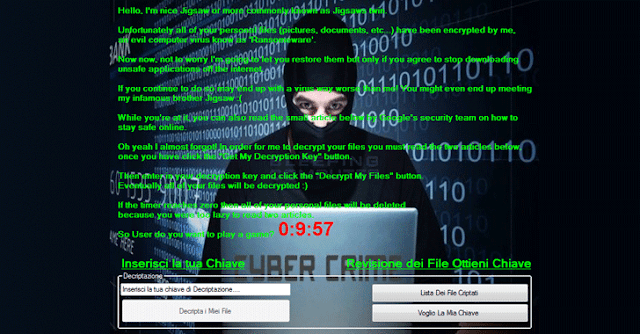Simple Hack Lets Hackers Listen to Your Facebook Voice Messages Sent Over Chat

Simple Hack Lets Hackers Listen to Your Facebook Voice Messages Sent Over Chat Most people hate typing long messages while chatting on messaging apps, but thanks to voice recording feature provided by WhatsApp and Facebook Messenger, which makes it much easier for users to send longer messages that generally includes a lot of typing effort. If you too have a habit of sending audio clip, instead of typing long messages, to your friends over Facebook Messenger, you are susceptible to a simple man-in-the-middle (MITM) attack that could leak your private audio clips to the attackers. What's more worrisome is that the issue is still not patched by the social media giant. Egyptian security researcher Mohamed A. Baset told The Hacker News about a flaw in Facebook Messenger's audio clip recording feature that could allegedly allow any man-in-the-middle attacker to grab your audio clip files from Facebook's server and listen to your personal voice messages. Let's understand






